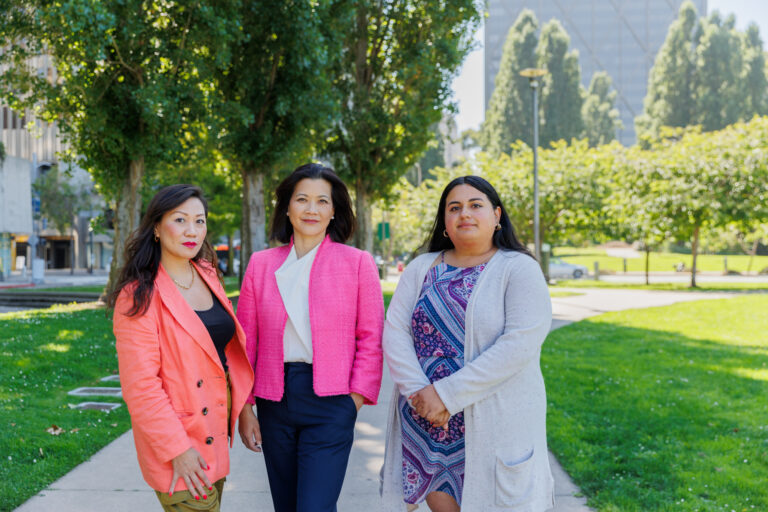Transforming San Francisco’s Political Landscape: Addressing Sexual Misconduct
By Kate McQuarrie, CalMatters
The recent surfacing of allegations concerning sexual harassment and assault within the San Francisco Democratic Party has prompted significant introspection. Once confronted with these claims, Party Chair Nancy Tung opted for transparency and action rather than avoidance.
A Call for Action
Tung established a special committee focused on investigating sexual misconduct within San Francisco’s political community. In May, a public meeting was held that allowed survivors to share their stories, yielding powerful testimonies that highlighted the ongoing challenges of harassment and assault.
Prevalence of Misconduct
Despite California’s progressive reputation, sexual misconduct persists in political atmospheres. The #MeToo movement previously shed light on similar issues, yet significant change remains elusive. Many leaders in California were pressured to address these concerns, but a culture of silence has not fully dissipated.
Testimonies Echo Painful Experiences
Lobbyist Pamela Lopez recounted her challenges in navigating a political environment rife with harassment. From uncomfortable demands for personal interactions to fears of retaliation, her narrative exemplifies the broader experiences of women in politics.
“It was like, well shit, if I report this I’m the one who’s gonna be in trouble, and so we just sort of took it on the chin,” Lopez stated, illustrating the pervasive fear of speaking out.
Failures of Institutional Responses
Ruth Ferguson’s experience drew attention to the inefficiencies within the system designed to address grievances. After facing harassment at her workplace, Ferguson encountered delays and a lack of support from the newly formed Workplace Conduct Unit, leading to further victimization.
Ferguson emphasized, “There needs to be a way to be survivor centric, to really make survivors not just feel, but know that they are in the driver’s seat.” Her story underlines the urgent need for reform in how these complaints are handled.
New Directions Under Leadership
Tung’s establishment of the committee has been met with various challenges, including controversy regarding representation and past affiliations of committee members. However, it marks a decisive shift in addressing the longstanding issues of harassment within political circles.
According to Tung, “People who are survivors — who share their stories — deserve to be treated with dignity and respect.” This sentiment is pivotal as the committee works to foster a healthier political environment.
Looking Ahead: Cultural Change in Politics
Although the journey is fraught with obstacles, the San Francisco Democratic Party’s proactive measures signal a potential cultural shift. Engaging survivors in discussions and policy-making processes lays the groundwork for meaningful reform.
Alondra Esquivel noted, “This hearing should have happened years ago, but it didn’t — but we’re still progressing.” This acknowledgment of past failures alongside a commitment to improvement underscores the hope for future generations.



